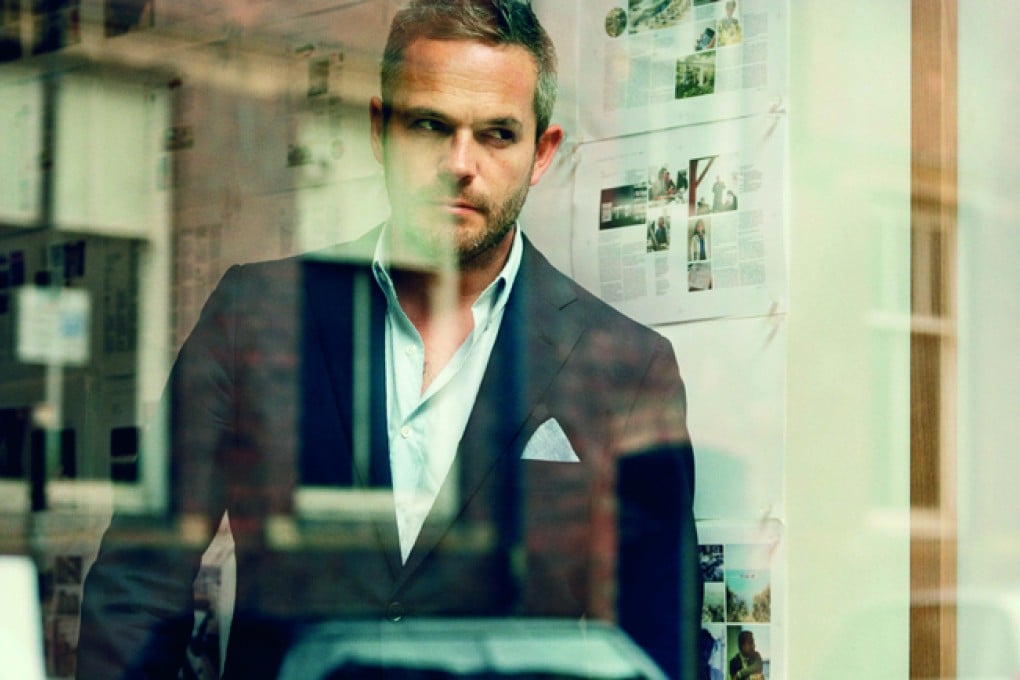Doing it by the Brûlé book
After two iconic magazine launches, Tyler Brûlé knows all about building brands, says Anna Healy Fenton

The Canadian-born journalist and entrepreneur Tyler Brûlé has re-written the rule book on what is possible in modern publishing.
Journalists, like chefs, often make disastrous entrepreneurs, but Brûlé, 44, has turned perceived wisdom on its head.
Many people know him as the Weekend Financial Times' waspishly dry columnist, brand name-dropper and style arbiter, but that is just one facet of his persona.
He kicked off his career as a BBC reporter in London, before switching to print, writing for Stern, Vanity Fair, The Sunday Times and The Guardian.
In March 1994, he was shot twice by a sniper in an ambush in Kabul while covering the Afghanistan war for the German news magazine Focus. He lost partial use of his left hand, resulting in a long hospital stay, which provided ample time to dissect stacks of home-design and cooking magazines. These he found uninspiring, but nevertheless they lit a spark that prompted Brûlé to launch the magazine publishing sensation of the 1990s, Wallpaper. It rapidly became an international style and design bible.
After selling his stake in the magazine to Time Inc in 1997, Brûlé stayed on for a while as editorial director, while also starting a global branding and advertising agency, Winkreative. Numerous industry accolades followed, and he was the youngest-ever recipient of the British Society of Magazine Editors' Lifetime Achievement Award, in 2001.